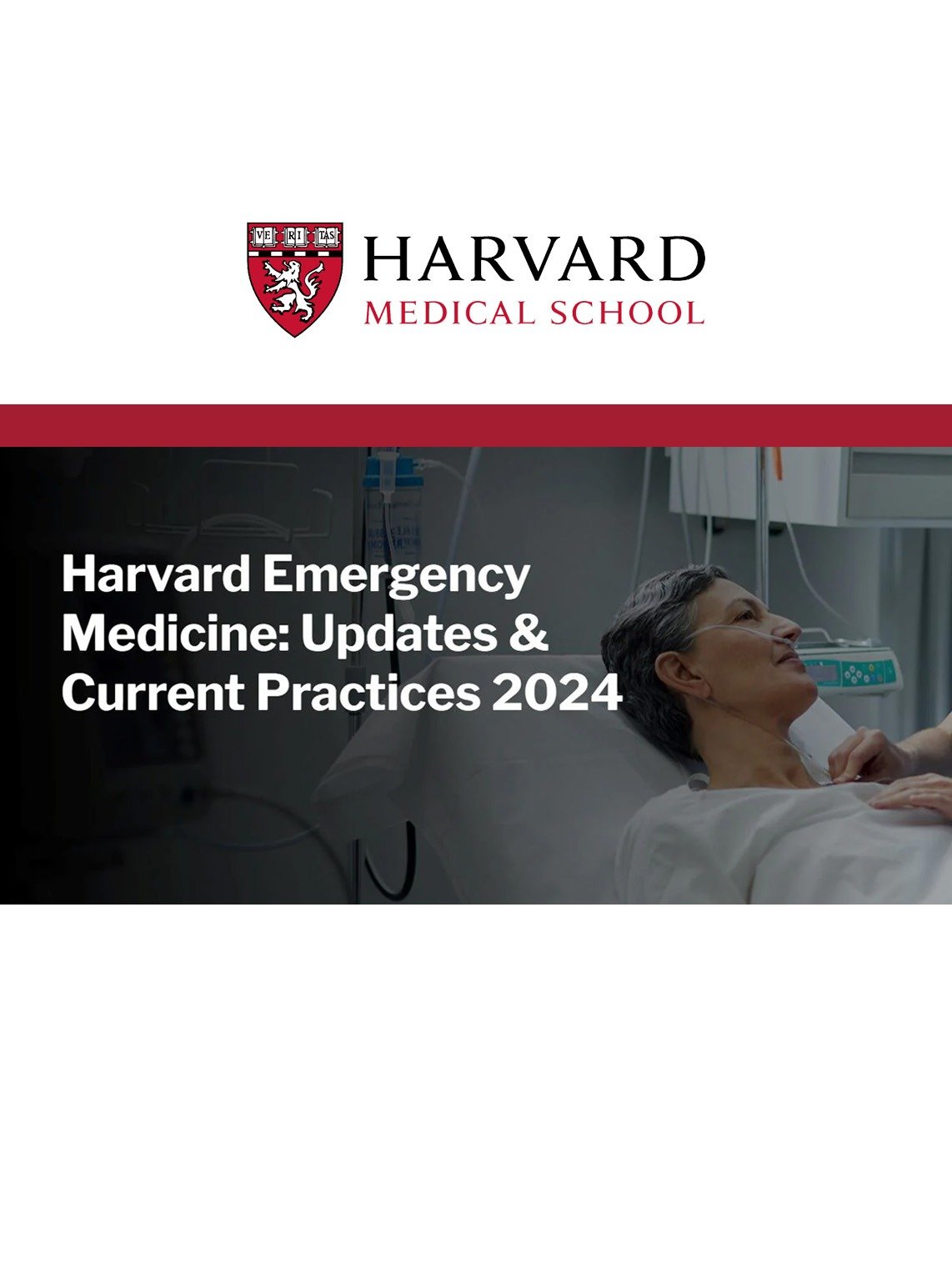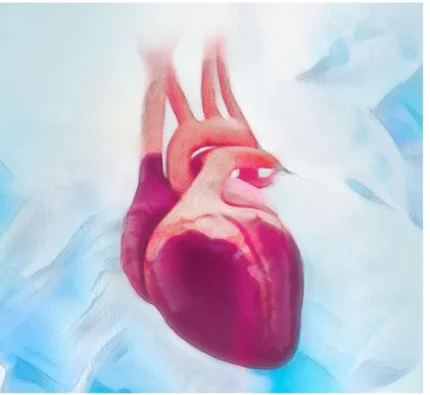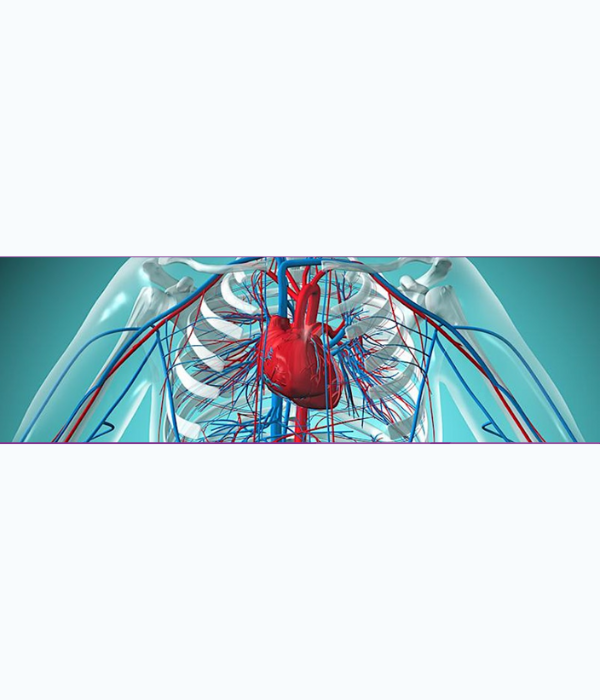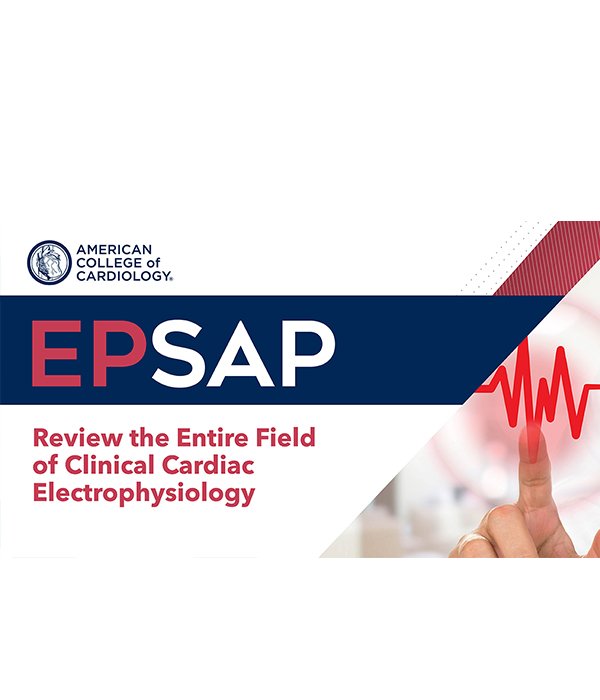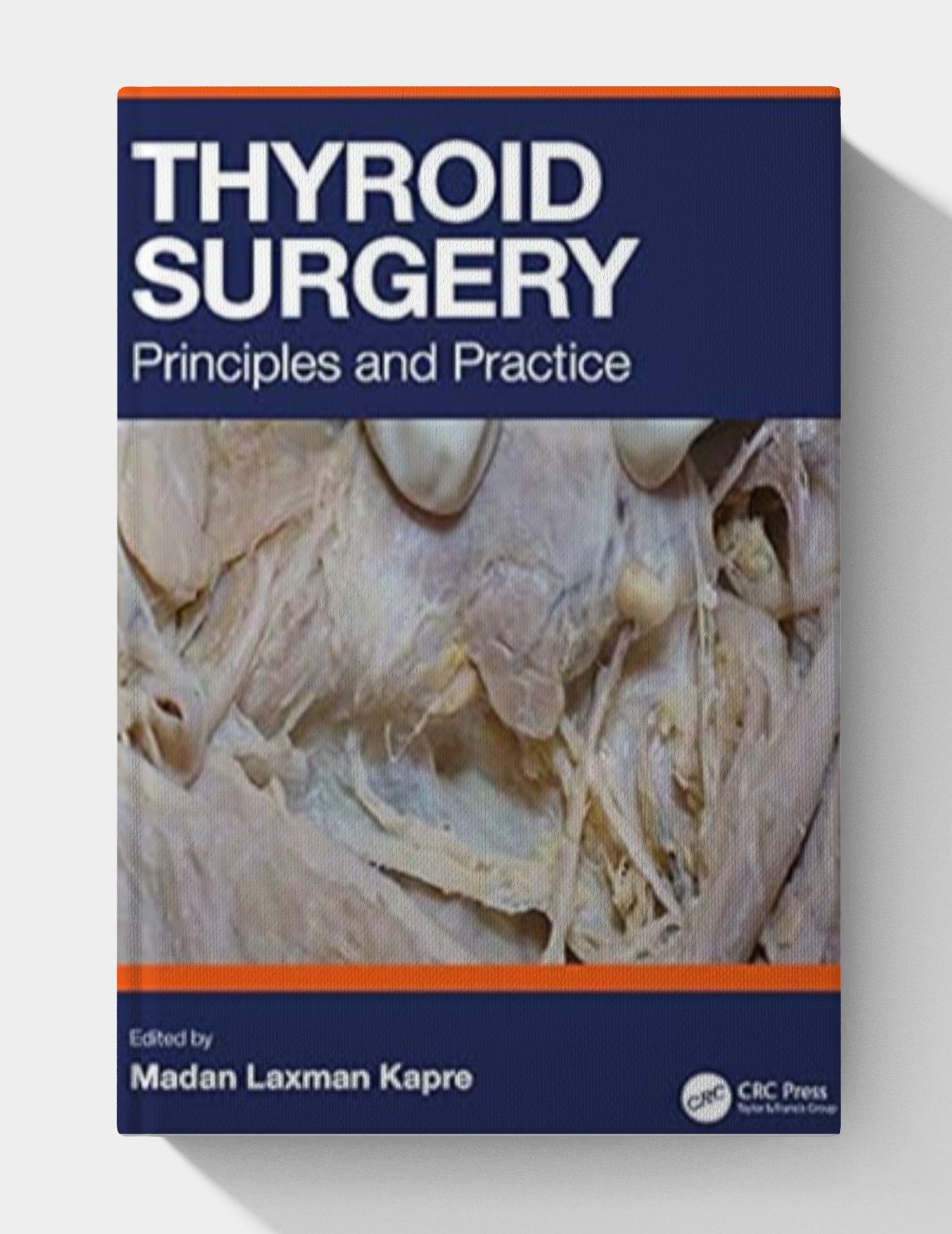Specification:
Edition:2024
40 MP4 + 41 PDF files
File Size:9.27 GB
Description:
The Massachusetts General Hospital (MGH) Department of Emergency Medicine offers this one-week postgraduate course for local, national, and international emergency physicians, specialty physicians, primary care physicians, physician assistants, nurse practitioners, nurses, and EMTs. This five-day course will cover a vast array of topics, including:
Acute Compartment Syndromes
Acute Ischemic Stroke: Tenecteplase, Expanded Treatment Windows, and Other Updates
Addressing Burnout in Emergency Medicine
Antimicrobial Stewardship Pearls
Applying Systems Engineering and Innovation to Improve ED Patient Experience
Approach to the Sick Trauma Patient
ARDS
BURNS
Cardiac Arrest
Circulatory Shock Quiz Bowl
Code ICH! The First Hours of Intracerebral Hemorrhage Management
Critical Care Double Feature: Push-Dose Pressors, and Phenobarbital for Alcohol Withdrawal
Critical Care Toxicology
Diagnosis and Treatment of Pulmonary Embolism
Echo in Shock
Emergency Preparedness
Escalation Alert: Best Practice Communication to Keep ED Staff and Patients Safe
Eye Emergencies
Geriatric Agitation in the ED: Differentiating and Managing Dementia and Delirium
Geriatric Emergency Departments: Is that a thing? History, Concept and Evolving Evidence
Geriatric Trauma and Falls
Hand Injuries: How would You treat them; Case-Based Updates
High Altitude Illness
Mild Head Trauma
Necrotizing Soft Tissue Infections
Pediatric Head Trauma/Concussion
Point-of-Care Ultrasound
Priapism Management
Reading Cardiac Ischemia on ECGs: the Basics
Sepsis Updates
Shock and Awe: Six Strategies to Prevent Hemodynamic Collapse
Spine Trauma
STIs
Substance Use Disorder in the ED
The Crashing Neonate
Update on Diagnosis and Treatment of Ventricular Fibrillation
Vasopressors & Shock Pearls
This interactive course will include didactic presentations, Q&A, review of cases, problem-solving, and other engaging formats via remote learning. Learners will have many opportunities to develop new strategies they can incorporate into their practice setting.
Who Should Attend
Emergency Physicians
Family Medicine Physicians
Other Specialty Physicians
Primary Care Physicians
Nurse Practitioners
Physician Assistants
Learning Objectives
Upon completion of this activity, participants will be able to:
Identify patients who are potentially critically ill.
Integrate the latest evidence-based practice strategies in treating patients.
Utilize the latest evidence-based algorithms and strategies in the management of different conditions.


